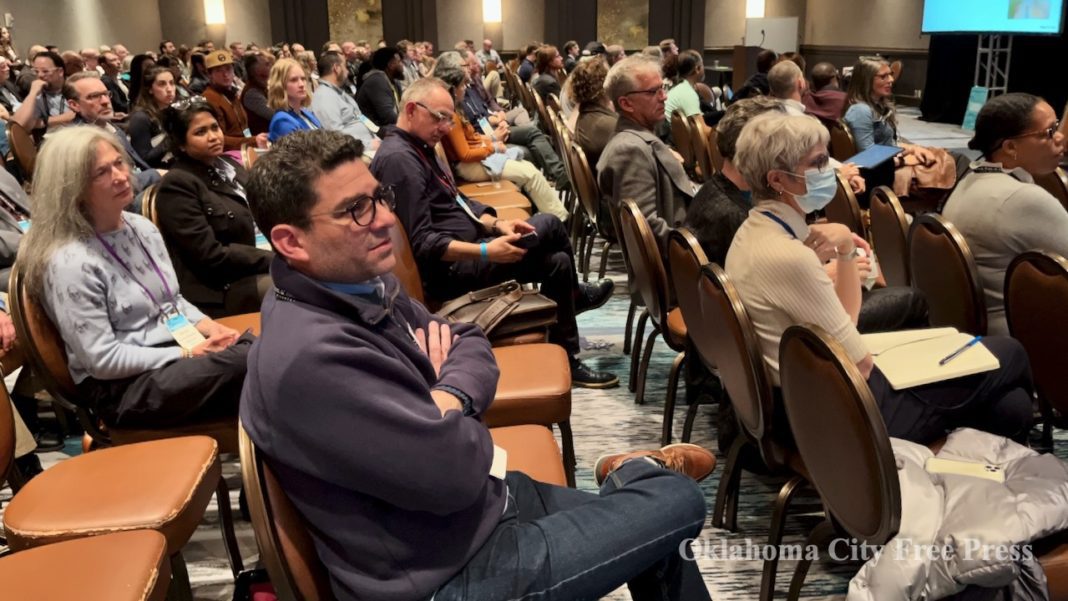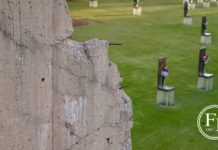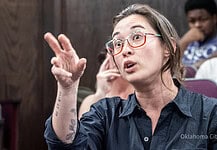Last Updated on March 26, 2022, 8:46 PM | Published: March 26, 2022
OKLAHOMA CITY (Free Press) — The Congress for the New Urbanism (CNU) held its 30th Annual Congress, conveniently called CNU30, in Oklahoma City from March 23 through 26.
The annual event brings planners, designers, architects, developers, and advocates for public transit and walkability together in a different host city year to year. This year was Oklahoma City’s first experience hosting the unique event.
CNU’s goals as an organization focus broadly on making towns and cities more resilient, accessible, and more welcoming of codes and regulations that make new and better forms of development possible.
During CNU30, many conversations turned the focus of attendees to the topic of Equity. And, with that topic being visited, many Black members and attendees of the Congress provided crucial insight into what “equity” might actually mean in the multidisciplinary world of urbanism, including the introduction of a Congressional Black Caucus in the organization.
Equity Plenary
Thursday evening’s plenary was delivered by Mitchell Silver, Commissioner of the New York City Department of Parks and member of the Board of Directors of CNU. The title of the talk was “Affordability, Equity, and the New Urbanism.”
Silver began his remarks by trying to simplify the buzzword that “equity” has become in modern parlance.
“You may not be able to say what equity is, but you can define ‘fair,’” Silver said.
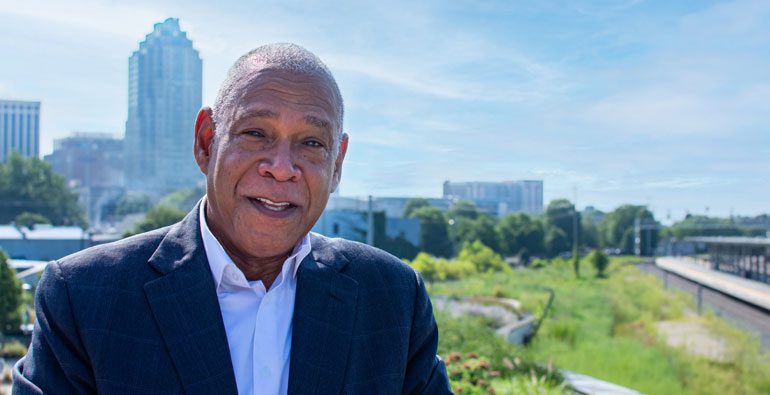
Silver went on to give many examples of what “equity” might mean in a given community when viewed through the lens of “fairness” as a core value.
Silver gave the example of the hundreds of parks in New York City that have been underfunded and underdeveloped. Some parks have had investment, while others are simply concrete expanses within chain link fences with no amenities.
As Parks Commissioner, Silver learned to approach the residents near parks in order to find the needs and desires of the people who would be served by the parks.
One resulting park update is Juneteenth Grove, a redesigned and reinvigorated portion of Cadman Plaza Park in Brooklyn celebrating Black Americans.
Silver also provided the example of interviewing residents near a public amenity who said a redesign of another green space was not useful, since it didn’t include picnic areas and working restrooms.
Silver’s point was to emphasize the input of people in communities that have been systemically left out of public participation.
Silver pointed out that one of the common phrases used by CNU is “Build places people love.”
“How do we know what people love?” Silver asked the audience.
Black Caucus
After Silver’s plenary speech and question and answer session, the Chair of the newly formed Congressional Black Caucus of the CNU took the stage to moderate a discussion of equity and inclusion in urbanist circles.
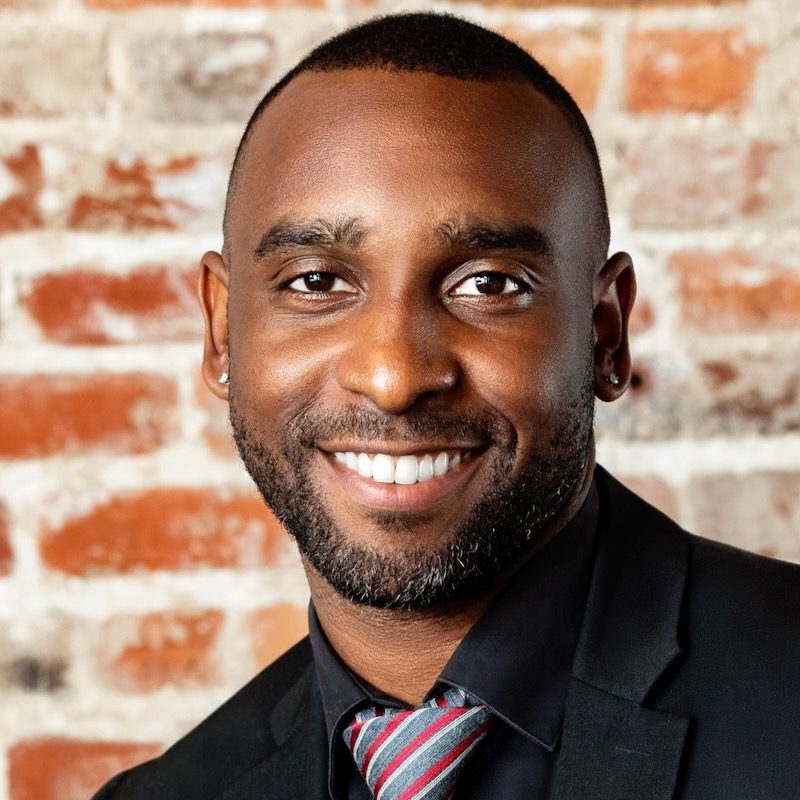
Bruzenskey Bois, Chair, welcomed Congress attendees and guided a scintillating conversation on the reality of equity in public design.
Bois, showing great enthusiasm and aplomb, engaged the audience and Silver in comparing ideas.
A crucial question raised during the conversation was, “How do you design for healing?”
Discussion pursued ideas of power and control, asking specifically who is the owner of new public spaces.
One audience member addressed the idea of “Inclusion” as included in corporate jargon with “Diversity and Equity.”
The speaker pointed out to the audience’s great interest, that “Inclusion” as a concept still centers the dominant culture, and implies that participation in the public space requires the permission of those in power.
In addition to the newly formed Congressional Black Caucus of the CNU, at Friday evening’s session a nascent Congressional Latinx Caucus was announced.
Free Press will continue to follow the advancements of the Black Caucus and the development of the Latinx Caucus of the CNU.
Columnist covering local government in Oklahoma City and Oklahoma County from May 2019 through June 2023.
